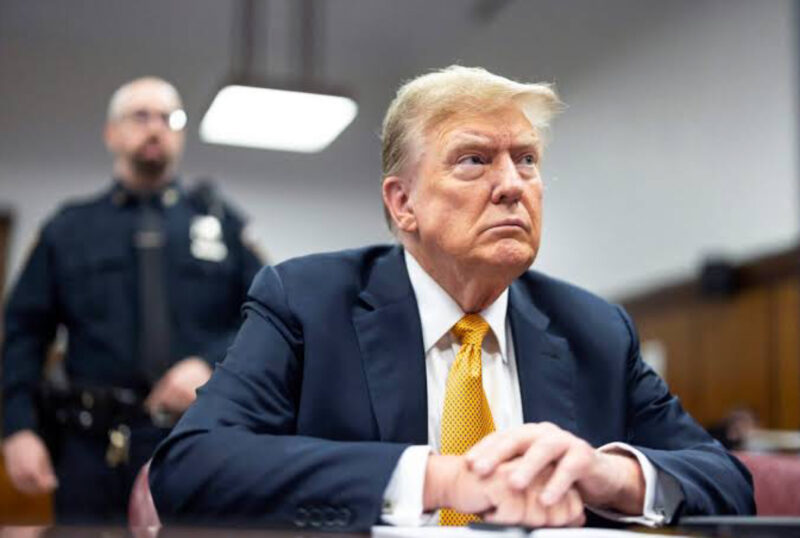Trump Proposes Canada Become the 51st U.S. State on Canadian Election Day
On Monday, as Canadians headed to the polls for federal elections, President Donald Trump took to social media to advocate for a radical proposal: the dissolution of Canada’s independence and its annexation as the 51st state of the United States.
In his posts, Trump envisioned a unified North America, stating, “Canada could become the cherished 51st state,” and lamented the “artificially drawn line” that separates the two nations. He highlighted the geographical beauty of the combined landmass, claiming there would be “FREE access with NO BORDER. ALL POSITIVES WITH NO NEGATIVES. IT WAS MEANT TO BE!”
Furthermore, Trump criticized the financial relationship between the U.S. and Canada, arguing that it makes little sense for America to continue subsidizing its northern neighbor. “America can no longer subsidize Canada with the Hundreds of Billions of Dollars a year that we have been spending in the past. It makes no sense unless Canada is a State!” he added emphatically.
Canadians were voting on this day for a new government capable of addressing concerns raised by Trump’s rhetoric, particularly regarding his trade policies, which had a significant impact on the election campaign. Early predictions suggested that Mark Carney’s Liberal Party was on track to lose to the Conservative Party, led by Pierre Poilievre. However, Trump’s comments seemed to alter the electoral landscape, prompting a shift in poll forecasts in favor of the Liberals.
While Trump was not a candidate in the election, he also encouraged Canadian voters to choose a leader “who has the strength and wisdom to cut your taxes in half and increase your military power, for free, to the highest level in the World.”
As the Canadian electorate navigates these discussions, the implications of Trump’s proposal and the future of U.S.-Canada relations remain significant topics of conversation.










Join our Channel...